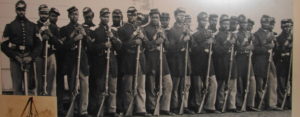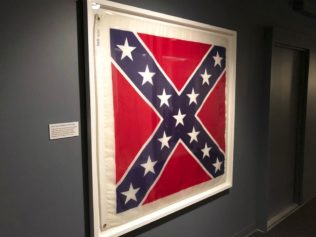Each year Americans recognize the last Monday of May as an observatory holiday to honor fallen U.S. military men and women. It wasn’t until 1971 when Memorial Day, originally coined as Decoration Day, became an official federal holiday. History teaches us this day of remembrance dates as far back as 1865, following the American Civil War, recognizing both Union and Confederate soldiers who lost their lives at battle. Ironically, one of the missing links often disregarded in history are enslaved Africans, the originators of what is now known as Memorial Day.
According to Professor David Blight of Yale University, the city of Charleston in South Carolina was in disrepair, due in part to the U.S. Civil War that began in 1861. As a result, white Charlestonians vacated the city premises, while thousands of Blacks, remained in Charleston.
During this time, the Black community joined forces, organizing a variety of memorial events to not only acknowledge fallen soldiers but to proclaim their discernment of the true definition of war.
Their call to action was sparked by the horrific conditions of the planters’ horse interior track. Due to the execrable conditions, 257 Union soldiers passed away from the exposure of deadly diseases that infiltrated the area.
Sadly, their bodies were carelessly buried in a mass grave. At least 28 Black migrant workers joined forces to respectively visit the graveyard and rebury the deceased with a formal internment. A fence was also created; surrounding the cemetery with an archway over the entry inscribed with the words “Martyrs of the Race Course”.
On May 1, 1865, following the construction of the newly built cemetery, the largest commemoration took place with a parade of nearly 10,000 people, led by a group of 3,000 Black school children. The processional led to the cemetery where everyone came together, both Black and white, and listened to the melancholy voices of the children’s choir and scripture readings.
Directly following the dedication ceremony, everyone enjoyed an outdoor cookout and watched soldiers drill, as speeches were being made, similar to modern Memorial Day celebrations.
Through traditional customs and a trailblazing event, enslaved Africans established a day of recognition for Civil War soldiers. Unfortunately, the importance, impact and significant cultural influence of Blacks in reference to Decoration Day has been widely diminished and almost wiped from U.S. history.



